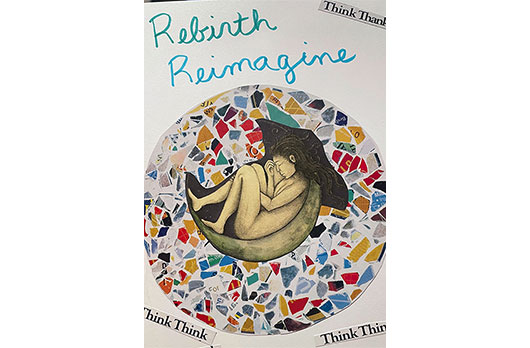Our projects and research shape the STEM education field by introducing innovative curricula and improving student access to STEM.
We support more than 60 active projects every year, and our high-quality, innovative research is based on the understanding that for STEM, real-world application matters. We inspire, motivate, and create life-long learners by helping students connect what they are taught in the classroom to the world around them.
These projects and our research are designed to encompass a wide range of subjects and disciplines within STEM education and teaching methods to expand accessibility for all eager minds.
Can’t find what you need? Explore our archive of past projects.
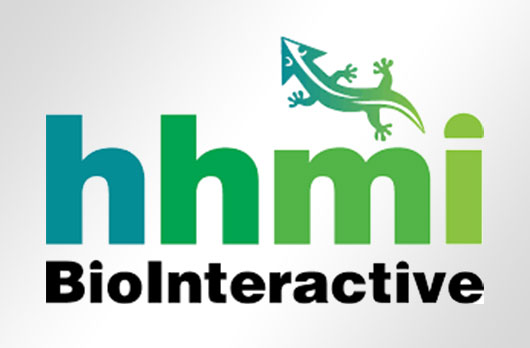
SEEC is working collaboratively with the Howard Hughes Medical Institute’s BioInteractive team to evaluate implementation and impact of classroom resources, planning tools, and professional development designed for science educators.
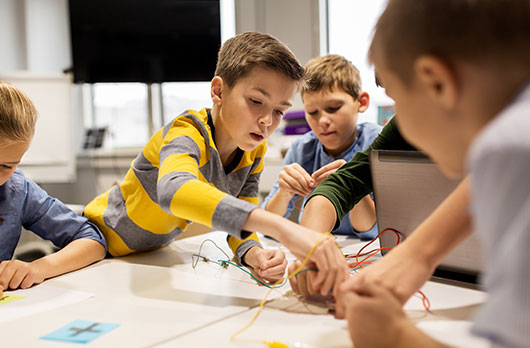
Empowering middle school teachers to integrate biomimicry into STEM units, fostering authentic engagement by aligning with students’ assets, needs, and interests.

The Building Coherence project aims to support development of pre-service elementary teachers’ knowledge, skills, and dispositions for enacting ambitious and equitable STEM instruction, by fostering greater coherence among STEM content and pedagogical teacher preparation opportunities.
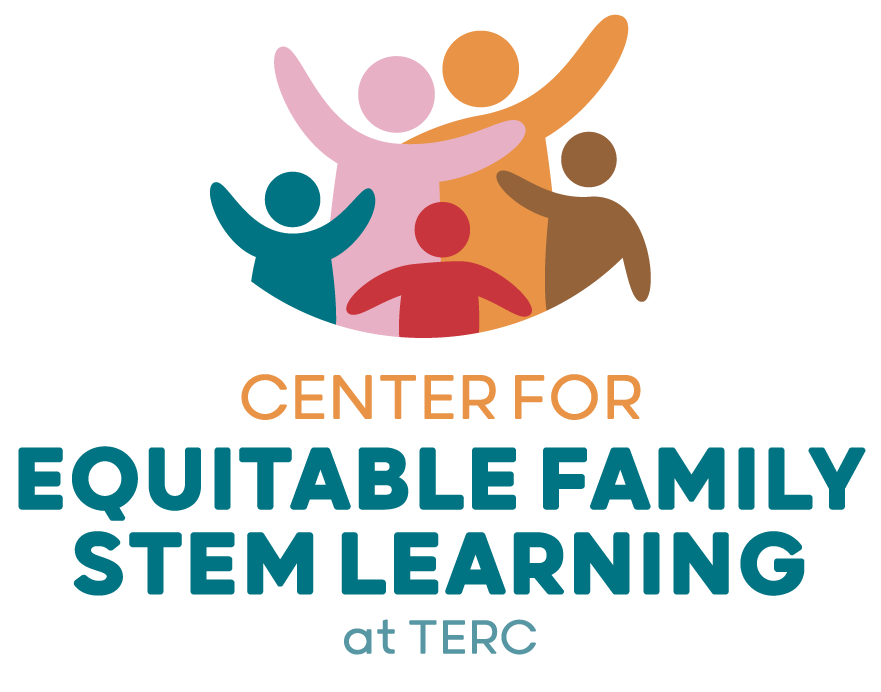
The Center for Equitable Family STEM Learning at TERC explores the intersection of equity, STEM education, and family learning. Our definitions of each of these anchoring concepts continue to evolve through our collaborations with families and community partners.
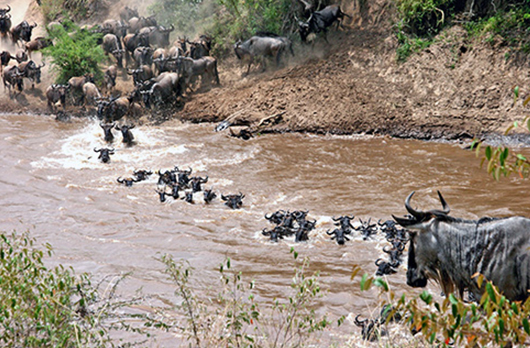
A design-based research project studying how best to integrate data practices into high school science, particularly biology.
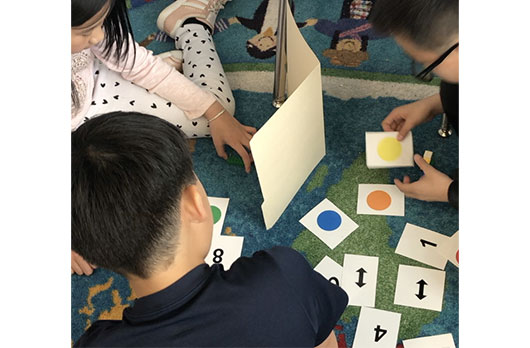

There is no excerpt because this is a protected post.
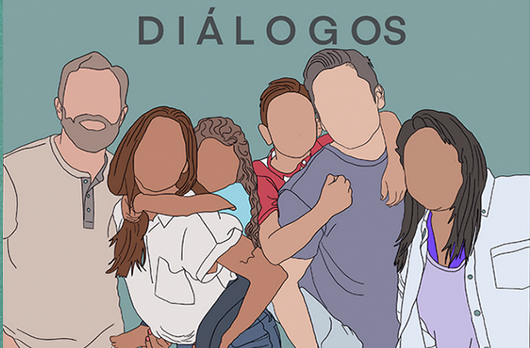
Engaging Latinx parents as research partners, to leverage informal family engineering activities that boost preschoolers’ executive function skills.

